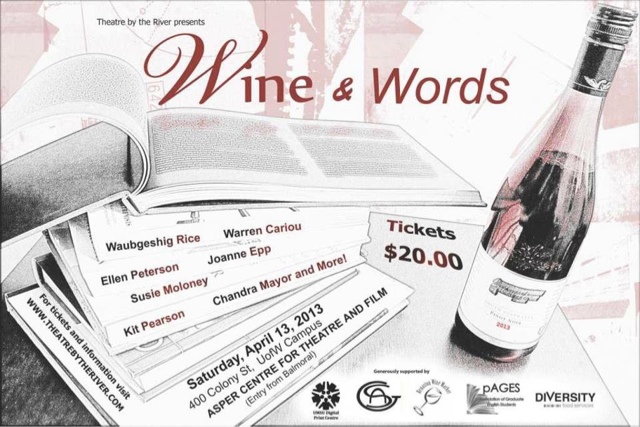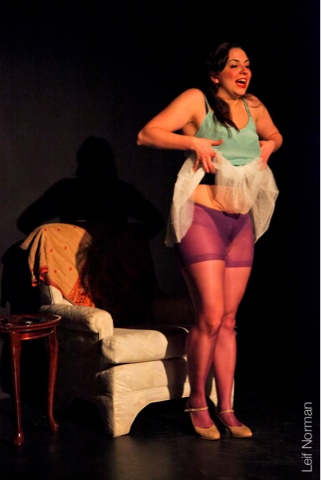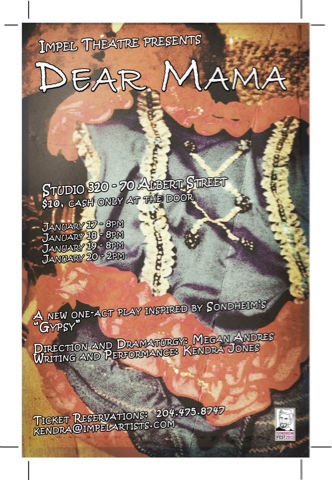Last week, Martin Julien (at the UofT Centre for Drama) organized a "redux" of the 1973 conversation on the state of Canadian theatre, which followed fairly closely on the "crisis" identified by the Canadian theatres of the late 60s and early 70s, in which it was determined that a major fix was required to create a truly Canadian theatre. These events, of course, are the things we teach in Canadian Drama courses at universities across the country. The Farm Show, Leaving Home, The Ecstasy of Rita Joe; all those great Canadian plays that helped to define us, while companies like the Tarragon, Theatre Passe Muraille, Prairie Theatre Exchange, and more grew from little fringe companies to national creative cultural forces. This period saw the creation of the Arts Council System, providing some serious funding for theatre which previously had been scant. And to some extent, the 1973 conversation, while it identifies continued challenges, has a feeling of "job well done".
(you can view most of that 1973 discussion here: https://vimeo.com/88594280 )
Fast forward to 2015: How much has changed?
Interestingly, a quote from the first conversation strikes me as perfectly descriptive of the current situation; that "there is something wrong with a theatre that has been around for awhile and hasn't grown in any particular direction." Now this sounds horribly reductionist, but in many ways, it is true. Look at what is programmed. Where are the experiments, the gutsy new forms and new theatrical languages that help grow and engage an audience? Where are the directors, playwrights, and to some extent even actors under 35? Does the arts council system still fund in a way that promotes the continued growth of the Canadian theatrical voice, or does it reinforce that which already happens, with the emphasis on "community building." The conversation in 2015, while it raised some valuable points, I felt focused too heavily on how we make money. Yes, we need money to make theatre. But not as much as we might think -- some of the most exciting choices and creative solutions come out of an absence, and this is a challenge we need to take up with vigour, rather than whinge about. There is a certain conflict in the young theatre makers I see today (perhaps myself included). We rail at the system that we work doggedly to break in to, with an odd sense of entitlement to get funding, and yet we shy away from doing the very kind of work that got those now well-established theatre makers noticed in the first place. Paul Thompson, TPM's first AD and artistic leader of The Farm Show creation said it best during the 2015 discussion, and in many ways echoed what he said in 1973; don't worry about the system, make work. Make work with urgency and vividness, and scrape together. Make work outside the rules. Ask for forgiveness rather than permission.
Don't wait for someone else to validate your work. Write it, perform it, create it. If it is well done, someone will notice. If they don't, just get louder.
Now it may sound a little idyllic, but that's the theatre I want for Canada over the next 40 years. Theatre that breaks the rules, makes its own voice, and figures out the details afterward. This is what the theatre makers we study now did. If we want to make a mark, we need to do the same, or else we risk becoming a part of what Jordan Tannahill controversially (but somewhat truthfully) labeled as "boring".















